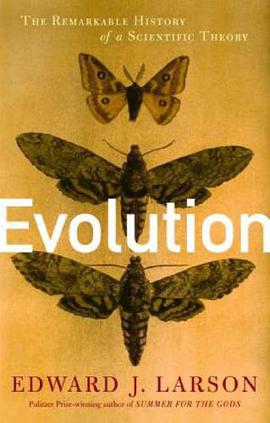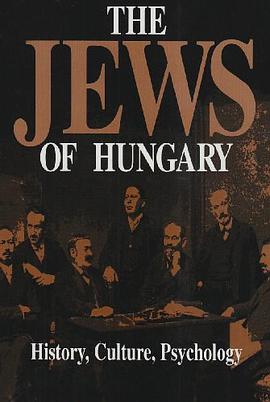

具體描述
'What is a German's fatherland?', asked Ernst Moritz Arndt at the beginning of the nineteenth century. This has arguably been the central question of modern German history. Germans did not have a united fatherland until 1871, and, thereafter, major political events in 1918, 1933, 1945, 1968 and 1989 ensured that the answers to Arndt's question proliferated and diverged with breath-taking speed. Germany explains the diverse ways in which national identity has been constructed over more than three centuries. It focuses on the plurality of contested definitions of 'Germanness'. The themes covered include the struggles between democratic and non-democratic inventions of the nation, the construction of the racial nation under Nazism, economic definitions of the nation, foreigners and 'Germanness', the nation as a 'community of memory', the gendering of the national discourse, the federal nature of German nationalism and the impact of war on the construction of a German national identity. This is a fundamental reappraisal of Germany's history from a perspective available only now that the dust from the demolished Berlin Wall is settling in a reunited Germany.
著者簡介
圖書目錄
讀後感
評分
評分
評分
評分
用戶評價
相關圖書
本站所有內容均為互聯網搜索引擎提供的公開搜索信息,本站不存儲任何數據與內容,任何內容與數據均與本站無關,如有需要請聯繫相關搜索引擎包括但不限於百度,google,bing,sogou 等
© 2025 book.quotespace.org All Rights Reserved. 小美書屋 版权所有




















